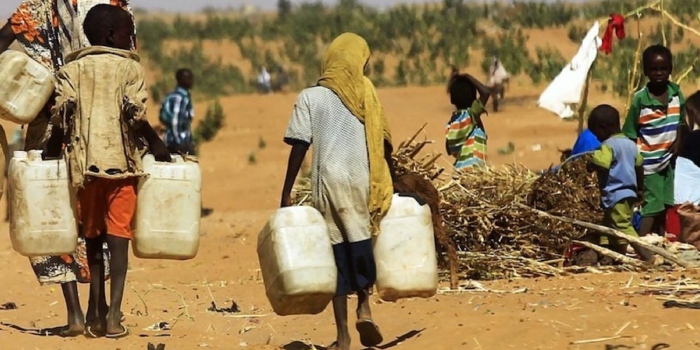An international study has revealed that global warming is accelerating faster than previously predicted, with the world now on track to breach the critical 1.5°C threshold within just three years.
Published in Earth System Science Data and backed by over 60 scientists from 17 countries, the report delivers the most urgent climate warning to date, with particularly dire implications for vulnerable regions like Africa.
The findings update key climate indicators from the IPCC’s 2021 report, filling a critical gap ahead of the next major assessment expected at the end of the decade.
According to the study, human-induced warming surged to an unprecedented 0.27°C per decade over 2015–2024, driven by record-high greenhouse gas emissions and declining aerosol cooling.
For Africa, which contributes less than 4% of global emissions yet faces disproportionate climate impacts, the accelerated timeline spells heightened risks.
The continent is already experiencing intensified heatwaves, prolonged droughts, and erratic rainfall, threatening food security, water access, and livelihoods.
The report notes that Earth’s Energy Imbalance (EEI), a measure of excess heat trapped by greenhouse gases, has more than doubled since 1975, with oceans absorbing much of this heat.
This trend exacerbates coastal flooding and coral bleaching along Africa’s shores, while inland regions grapple with desertification.
The study warns that at current emission rates, the remaining carbon budget for a 50% chance of staying below 1.5°C will be exhausted by 2027.
This narrow window leaves little room for African nations to balance development needs with climate action, even as they face mounting pressure to adopt cleaner energy pathways.
Despite the grim projections, the authors stress that rapid, systemic emission cuts could halve warming rates within two decades.
For Africa, this means scaling up investments in renewable energy, climate-smart agriculture, and early-warning systems to prepare for escalating extremes.
As the report underscores, this decade is pivotal: the choices made today will determine whether the continent and the world can avert irreversible climate breakdown.

